

Tomorrow You Start Again: Octo Octa and Eris Drew Confront Ephemerality
The house music power couple discusses the spiritual messaging within their contribution to the 'fabric presents' series.
There’s a river near Octo Octa (real name Maya Bouldry-Morrison) and Eris Drew’s house. A tranquil waterfall flows alongside it, over a formation of rocks that Drew and Bouldry-Morrison sometimes climb to recharge. Bouldry-Morrison bought the house in 2017, the year that she and Drew met.
Drew was living with her family just outside of Chicago at the time and was in a transformative period of her life. One day, her therapist asked her what she wanted out of life. She recalls visualizing a place where she could transition in peace, surrounded by nature, family, and other queer people.
Years have passed since that moment, and the woodside cabin in New Hampshire is now home to Drew, Bouldry-Morrison, their partner Q, and a cat named John. Bouldry-Morrison and Drew are dialing in from their studio in the cabin, a warmly lit room with stacks of records lining the wooden walls. Bouldry-Morrison is wearing a bright yellow sweater with an acid smiley stitched on and her long dark hair in a casual bun. Drew wears her signature black ribbon around her neck. Throughout our interview, the two complement each other’s sentences and make each other light up while talking in a way only lovers do.
Once a week, the two venture out into nature, visiting their “special place”–one of the inspirations behind “River,” Octo Octa’s most recent single, which, alongside Drew’s own composition “Reactiv-8,” can be found on fabric presents Octo Octa & Eris Drew, the pair’s contribution to the London club’s long-running mix compilation series. Appearing fifteen minutes into the mix, the song’s hi-hats sit perfectly, offering a brief moment of relief before the acid bassline drags listeners in deeper, completely locked into the track’s persistent four-four kick. Across its 70-minute playtime and 21 tracks, fabric presents Octo Octa & Eris Drew weaves together their signature styles of ecstatic house, breakbeat, garage, trance, and ‘90s rarities.
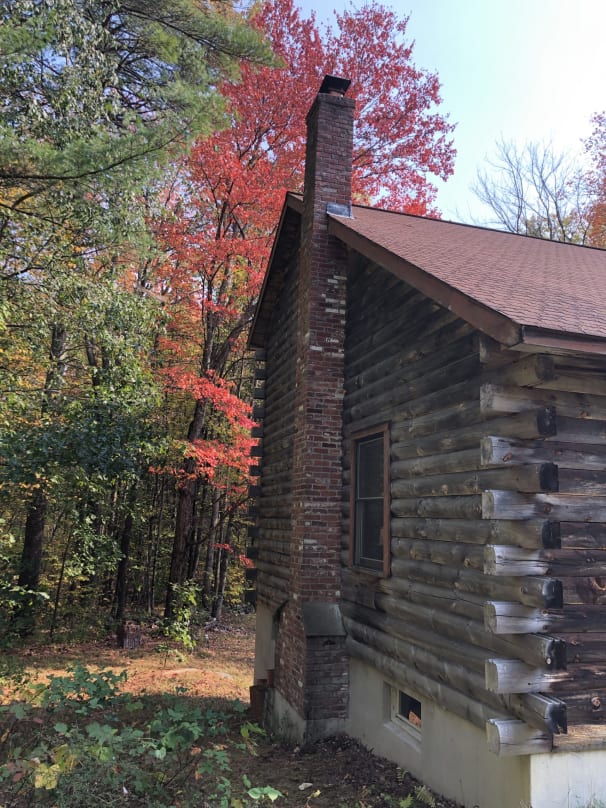
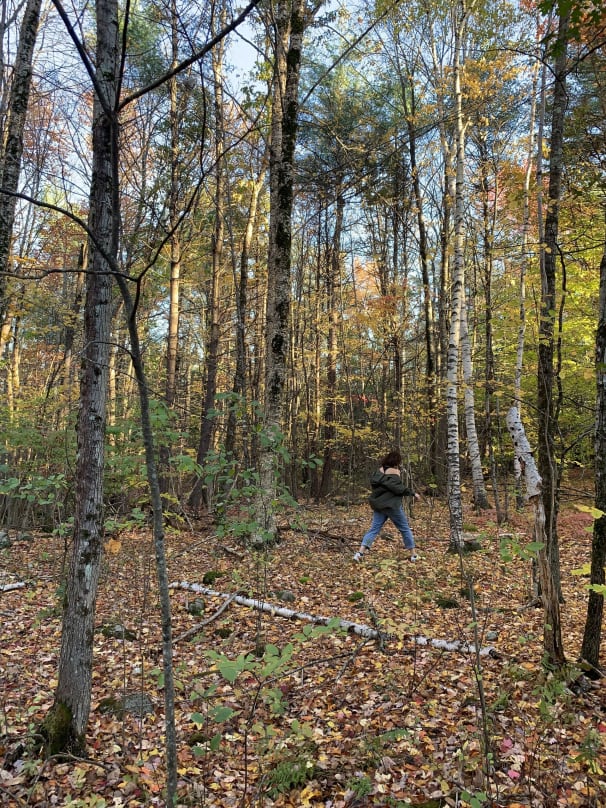
“We wanted the mix to reflect the spirit and energy of the experiences we’d had over the last year,” Drew says, reflecting on a year that saw them launch their T4T LUV NRG imprint alongside its first three releases (including Octo Octa’s radiant LP Resonant Body) and travel across the US, Asia, Europe, and Australia as part of their joint T4T LUV NRG tour. The records featured on fabric presents Octo Octa & Eris Drew, “are the actual records that we sweat on, that people lost themselves to or found themselves to, whatever the case may be.”
As vinyl-only DJs, Bouldry-Morrison notes there were only a limited amount of records they could draw from on the road, so a lot of the material presented in the mix was consistently played out during that time. “I have memories of certain parties that are attached to every single record,” she says. In March, the tour came to an abrupt halt due to COVID-19. Bouldry-Morrison and Eris were still in the UK when the request from fabric came in. By the time they made it home in New Hampshire, the gravity of the situation hadn’t quite sunk in yet. “We were like, ‘Well, I guess we have time to do this,’ thinking this is going to be a three-month hiatus or something like that. Quite honestly, I didn’t understand that COVID was going to take out the dance music community for a year. I had no idea,” Drew says. Bouldry-Morrison is grateful for having been able to settle down in the lush surroundings of the forest. “This is the most I’ve been at home in four years because I was touring essentially for three years nonstop,” she says. “But the balance of this was always nice because we get to go see other people and friends in other cities, and even if it would just be twice a year, it would be really wonderful. And now, we can’t.”
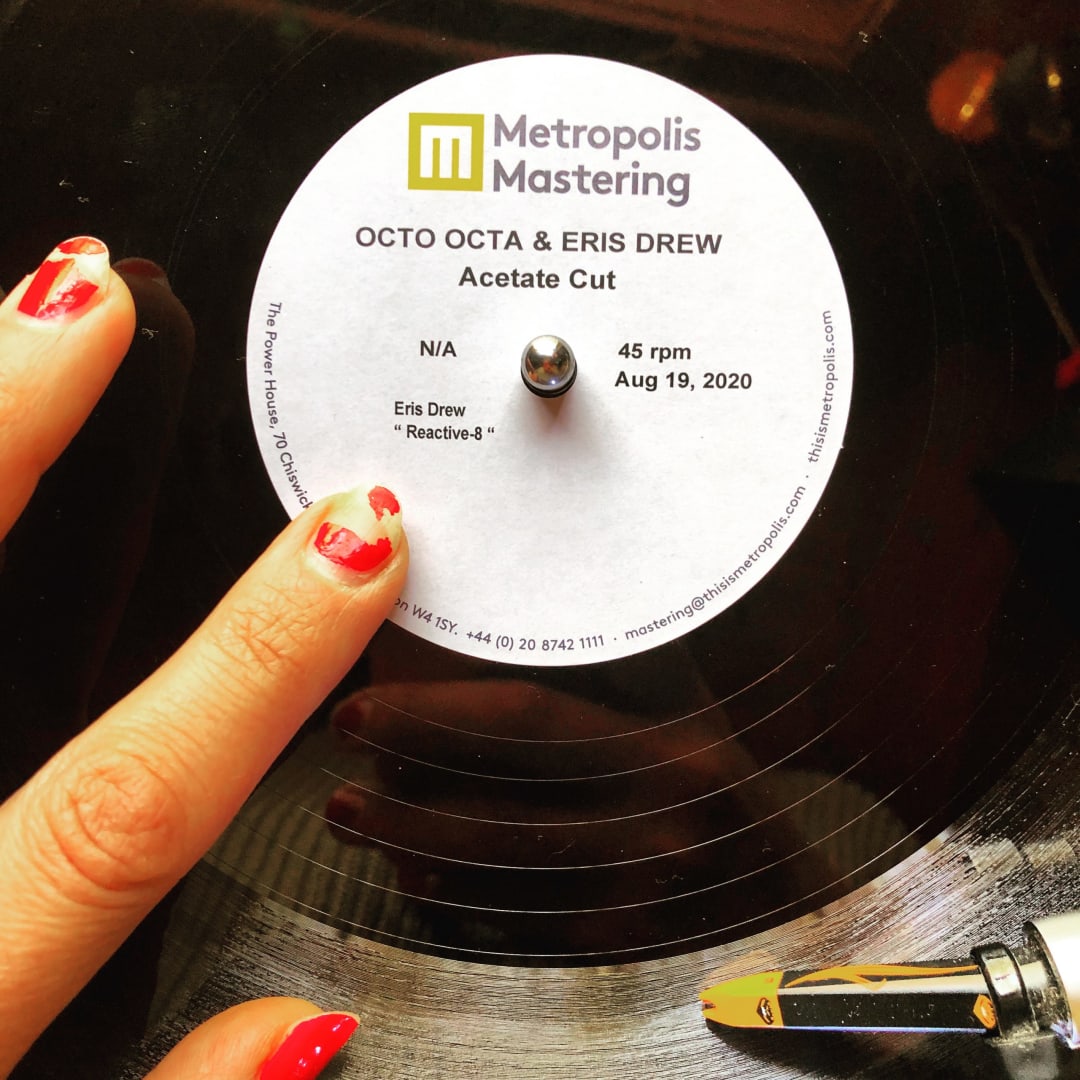
I have memories of certain parties that are attached to every single record.
While the return of their life on tour remains uncertain, the pair have instead woven the concept of journeying throughout the musical themes on fabric presents Octo Octa & Eris Drew—like on “Say What!”, a cut from 1993 which Bouldry-Morrison and Drew added old field recordings of a train to. In American culture and in American music culture specifically, Drew says, “the train has a lot of metaphorical content, so this would be an archetype, I would say, but for us, it signals both change, emotion, and inevitability. You can’t stop a moving train.“
Elsewhere, we hear Paris Grey singing the iconic line from Inner City’s “Good Life” (“Let me take you to a place I know you wanna go,”) via Orbital’s Remix, released on a Global Method white-label in 1992. “There’s plenty of messages to be [uncovered], and if you’re someone who doesn’t listen to messages in mixes—listen closely, this is the one. It’s important,” Bouldy-Morrison says. “Those pieces of voices drops, [scratches and doubles], we put all sorts of things in there on purpose for a reason. I mean it’s all intentionality, the whole thing.”
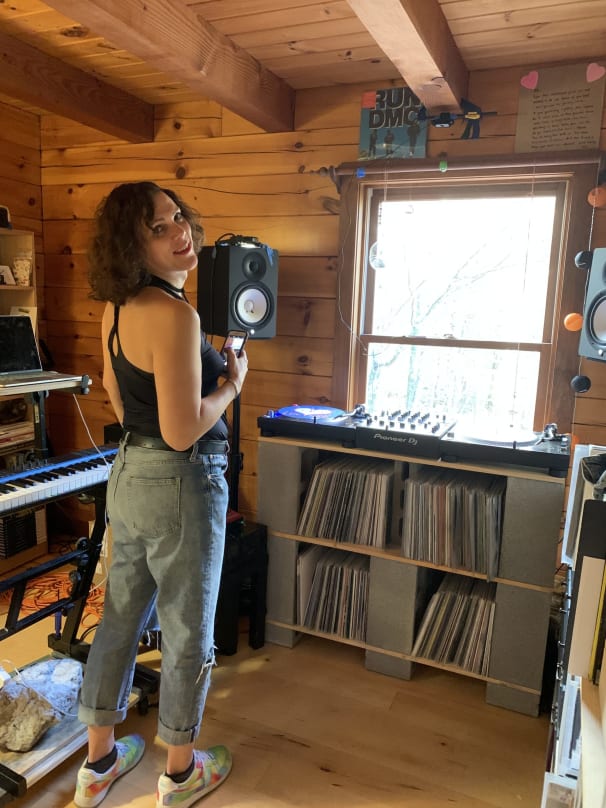
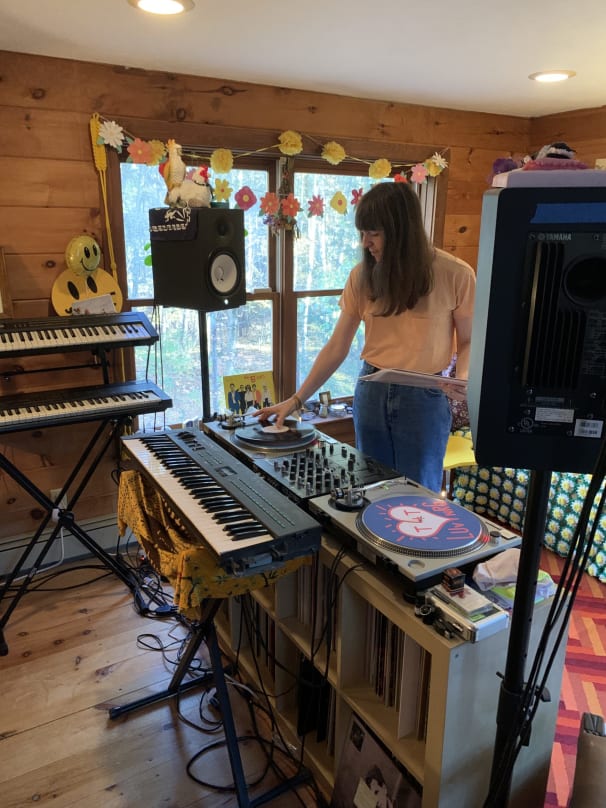
Spiritual journeys also play a large part in fabric presents Octo Octa & Eris Drew. Drew has been particularly vocal about her role in facilitating the healing practices of raving and music. She shies away from using the terminology of shamanism, as the word refers to a very specific set of cultural traditions and religious practices rooted in indigenous communities around the world. But her philosophy of the Motherbeat, which came to her in the form of a visionary psychedelic experience in the mid-’90s, sees the practice of raving as a ritual as old as time, a “boundary-dissolving” expression that manifests in “dance rituals and rhythms.”
In her work, Drew draws on psychedelics as a spiritual practice, laying out how tripping can be a tool not just to unleash creative powers but also to dissolve the ego and confront fears surrounding loss. “For a lot of spiritual practices, death is a big part of what it is to ‘be spiritual’–to acknowledge the life cycle and to actually be able to both live linearly and eternally, to live in the paradox of both living linearly and eternally because we are, in some sense, eternal, and we are in some very sense extremely temporal, short-lived, and our lives are over fast,” she says.
“Reactiv-8,” Drew’s composition for fabric presents Octo Octa & Eris Drew—which erupts with joy just before the mix closes out—was written over the course of the summer after a date with Bouldry-Morrison, “when I really needed a beautiful date,” she says, explaining how she needed the message she was putting out there (“It’s not the end!”) to be reflected right back to her. Due to an initial sampling issue, the track led her to write and record her own lyrics for the first time. “I was like, okay, ‘I’m going to sing this chipper little tune [because] I was in the worst human mood possible, I thought everything in my life was ending,” she says, referring to how the song first came to fruition during an overwhelming and anxious period of time. “I wrote [Reactiv-8] to try to heal, it’s medicine—I needed to really have to confront the fact there were things I didn’t want to end and own it.”
This element will show content from various video platforms.
If you load this Content, you accept cookies from external Media.
Drew goes on to explain how “Genetically Changed,” the early 2000’s white label release from Italian producer Marascia that she sees as the predecessor to “Reactiv-8,” is about “all these existential issues through the lens of a trans person in the nineties making rave music. It contains this weird poem about eternality, time, and change,” exemplifying one of the spiritual messages that permeate throughout the mix. “You are now temporarily suspended from your duty. Tomorrow you start again,” Bouldry-Morrison says, repeating the last words of the poem. “We’re both autobiographical artists, so everything that’s made is referential to something. It always has to be imbued with experiences and processing our lives around us.”
“There was a time when I thought my life was totally over, so whenever I hit a point like this where I feel a lot of fear, I try to draw the strength from that time [during my transition],” Drew says frankly. In the beginning, the process of coming out and transitioning “can seem almost like a destructive event, and it certainly was in my life in a lot of ways. And I even felt at that time that it might be the end for me, that maybe my life wasn’t going to work out, or it wasn’t worth anything, or that I didn’t even deserve to be happy.” By pairing her song with Marascia’s, Drew says, “that’s a message to trans folks as much a message to everyone else: that through times of transition, it can seem really dark, but sometimes, what’s on the other end is actually more wonderful. That’s not always the case, and we might be heading into darker times as a people and as a world. But if I’m going to write a song about hope, it’s going to come from my place of believing that the change is good.”
House music was always about giving yourself energy in order to get through it, make it through the week or to deal with whatever struggles you have in your life.
House music, Drew posits, “was always a music about giving yourself energy in order to get through it, make it through the week or to deal with whatever struggles you have in your life,” referring to the queer communities of color the genre originated from. “I don’t think its power has been eroded by the quarantine. In fact, I think people are going to need to dance and be together even more, and I think it’s okay for us to fantasize about that and think about it and want it to happen. And it’s okay for people to say that because a lot in the world does need to change.”
fabric presents Octo Octa & Eris Drew is out now on fabric Records.
Caroline Whiteley is an editor at Electronic Beats based in Berlin.
Photography by Eris Drew and Erica Génécé.
Published November 27, 2020. Words by Caroline Whiteley, photos by Erica Génécé & Eris Drew.






Follow @electronicbeats